
‘There’s absolutely nothing up here’: sexual healthcare in the Top End

For queer and Indigenous people in the Top End, accessing sexual healthcare is near impossible. Some Northern Territorians spoke to Jesse Jones about why government funding is vital.
***
When brotherboy Kellum Steele decided to begin gender transition three years ago, he made the 500-kilometre journey to Darwin Hospital to ask for help—and was told to go to Sydney or Melbourne “where all the trans people are”.
“There’s absolutely nothing up here,” he says.
Steele travels from his remote Northern Territory community to Melbourne every six months for transition care. It’s not cheap, with the flights alone running into thousands of dollars.
“I’m finding it difficult—and I speak English, I’m working, I have the money,” he says.
“I can only imagine what sistergirls out here have to do. A lot of them don’t speak English as a first language, some of them work but some don’t. It must be difficult for them.”
Back home, the struggle continues as his hormones have to be flown into the remote community.
Sometimes they’re lost or not delivered on time, interrupting Steele’s treatment.
“It’s hectic, the mental and emotional strain of not knowing whether the injection is going to be there,” he says.
“It’s just a nightmare.”
The small clinic in town is staffed by fly-in fly-out nurses, making continuity of care difficult.
Steele finds he has to explain his transition to someone new every time, and forming a trusting relationship with constantly changing staff is impossible.
“As soon as they take a look at my chart, they freak out,” he says.
“They’re not trained in anything to do with trans health.”
Steele says he doesn’t have a lot of access to sexual healthcare.
“There’s not much out here,” he explains.
“Gynaecologists come out maybe once every six months, and the last time I was in Melbourne, so I missed it.”
With the local clinic the only healthcare in town, Steele says he could ask for an STI screening there but would feel “really uncomfortable”.
The Northern Territory AIDS & Hepatitis Council (NTAHC) is responsible for public health programs throughout the territory, including peer-run programs for sex workers and people who are living with or at risk of blood-borne viruses.
NTAHC previously also ran a specialised Aboriginal sexual health program, but its federal funding was cut at the end of the last financial year.
“That’s really reduced our capacity significantly to work with Aboriginal people around sexual health,” says executive director Kerrie Jordan.
The slashed funding is “a huge concern” given the high prevalence of STIs among Aboriginal communities in the Top End.
Crystal Johnson, a sistergirl and former NTAHC worker, says the Aboriginal sexual health program was instrumental in supporting Aboriginal people to access sexual healthcare, from HIV education to providing interpreting help at clinics.
Johnson’s role included working to overcome some of the barriers to sexual healthcare for sistergirls and other
Aboriginal people, including language and cultural issues in getting health messages to communities.
“It’s hard, especially when you’re a trans person, to be talking about women’s business and men’s business. It’s a taboo,” she says.
“It’s all about how we can make a change in our community.”
Care and support coordinator Daniel Alderman says around a quarter of NTAHC’s clients are Aboriginal and Torres Strait Islander people, a group identified as a priority population in the National HIV Strategy.
“Our service is really stretched, to be able to provide the service that we did when we had funding,” says Alderman.
The need for health programs doesn’t disappear when funding is cut, so NTAHC has to do plenty of unfunded work.
“We don’t have any LGBTI or Aboriginal-specific health funding, but we do a lot of support work in that space,” says Jordan.
She adds that the territory has a lack of LGBTI specialist services, with just one general practice in Darwin offering a monthly LGBTI clinic, and no trans specialists such as endocrinologists available on an ongoing basis.
NTAHC is hoping to expand its work from health promotion and support to also include clinical services, with a monthly nurse available at its Darwin centre to do sexual health screening.
While the city has an Aboriginal community controlled health service, Jordan says many people are reluctant to visit for sexual health checks because of shame and stigma, and would prefer to access an anonymous service like the one NTAHC plans to offer.
“It’s looking like we’ll get a nurse in shortly for once a month,” says Jordan.
“I think that’s a really positive start. We need more.”
She adds that the short-term project funding often received from the government doesn’t lend itself to consistent delivery of culturally appropriate services.
“When we’re working with Aboriginal communities, given the long history of occupation, intergenerational trauma, and distrust, it takes a long time to build up trust,” Jordan says.
“We spend a long time building relationships, establishing trust, getting to know people in communities—that takes a long time, and doesn’t fit well within a traditional funding framework.
“What we really need is longer-term funding that allows us to work within communities and build that trust, without the expectation of outcomes in the short term.”

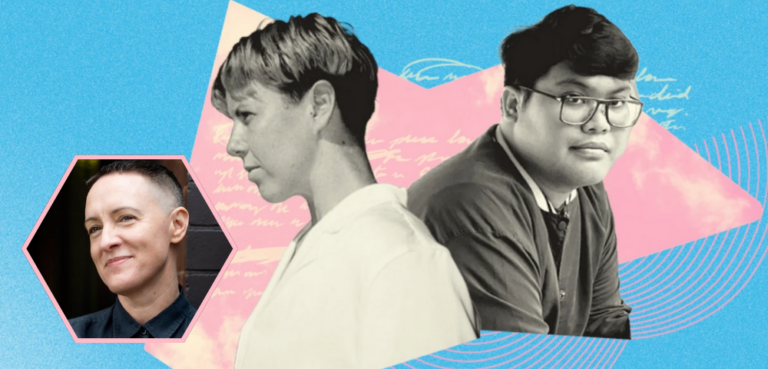
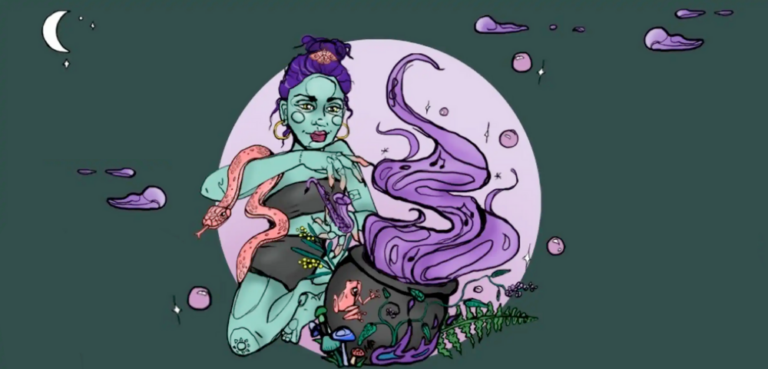


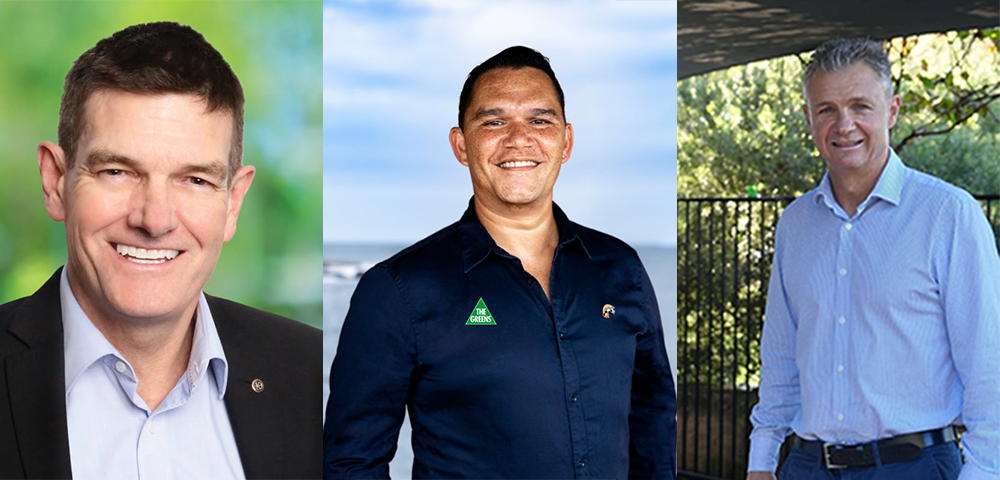
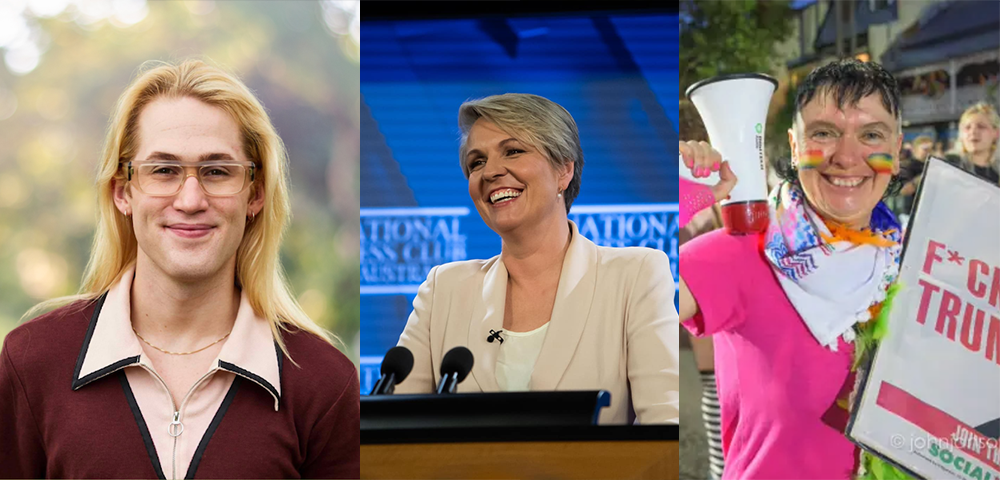
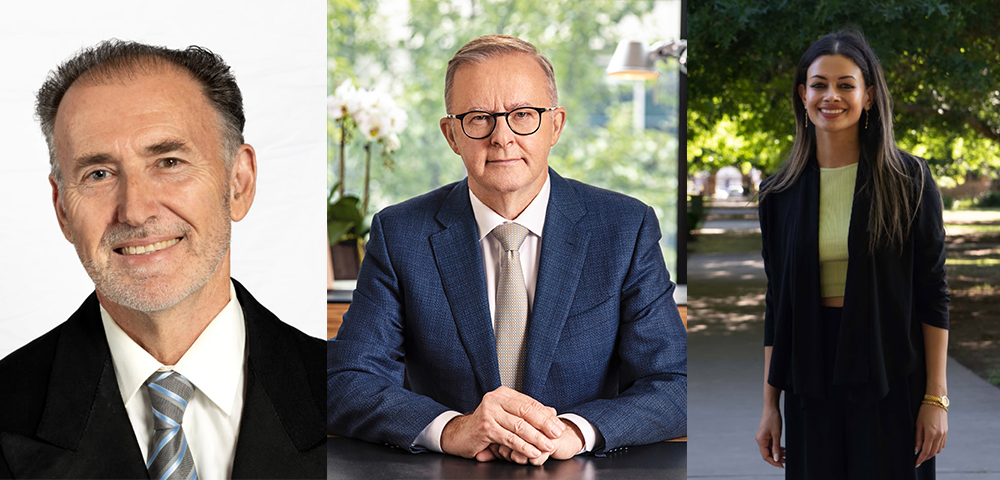

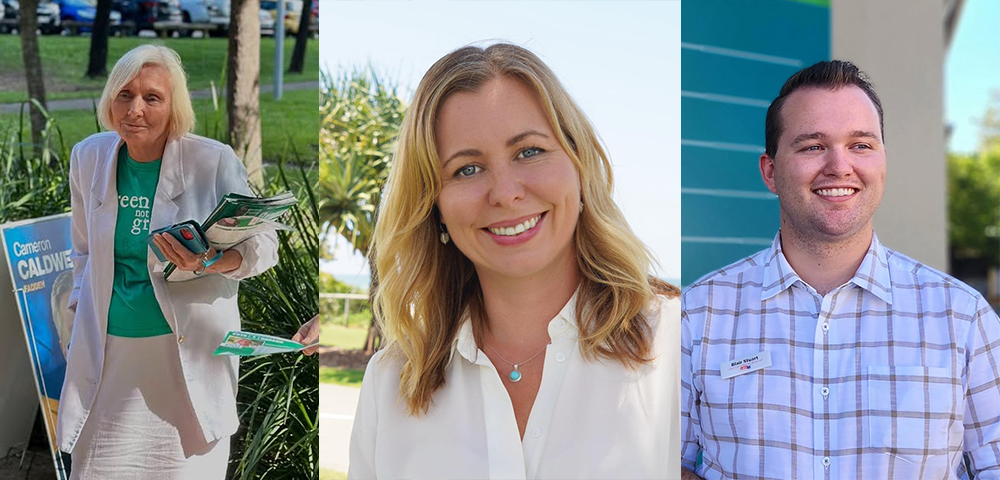
Nothing outside Darwin, true. But these guys in Darwin are awesome, and definitely closer than Melbourne for most: http://www.northsidehealthnt.com.au/lgbti-specialist-clinic